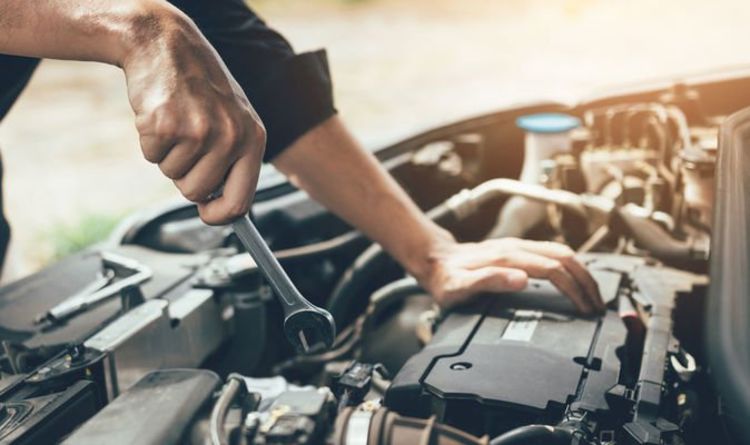Buying a used car can be both an exciting and daunting process. While it is often a more affordable option than purchasing a brand-new vehicle, it comes with its own set of challenges. With so many options on the market, knowing how to navigate the process and avoid costly mistakes is key to landing a good deal. In this guide, we will cover the essential steps you need to follow to ensure that you make a smart, informed purchase. The first step in buying a used car is determining how much you are willing to spend. It is essential to be realistic about what you can afford, not just in terms of the upfront cost but also considering insurance, maintenance, taxes, and registration fees. Decide whether you will be paying cash or financing the car. If you are opting for financing, research interest rates and loan terms to avoid overextending your budget. Before heading to a dealership or contacting private sellers, take the time to research the types of vehicles that best suit your needs.

Consumer Reports, Kelley Blue Book, and Edmunds are excellent resources for comparing vehicles’ reliability and resale value. When you find a car that interests you, always check its history. This is crucial to avoid potential pitfalls such as buying a car with hidden problems. Use a service like Carfax or AutoCheck to obtain a vehicle history report. This will give you insights into the car’s previous ownership, any accident history, title issues, and whether it has been involved in any recalls. Avoid cars with a salvage title or extensive repair history, as they can lead to more costly repairs down the road. A visual inspection of the car is essential before committing to buy. Look for any signs of wear and tear that might indicate the vehicle was not well-maintained. Check for rust, dents, scratches, or misaligned body panels, which could signal previous accidents. Also, inspect the tires to see if they are evenly worn, which could reveal alignment or suspension issues.
Inside, check the upholstery, electronics, and comfort features to ensure everything is in working order. Take a test drive when buying used car in greer sc. During the drive, pay attention to how the car handles, the responsiveness of the brakes, and whether there are any unusual sounds coming from the engine or transmission. Also, ensure that all of the car’s features such as air conditioning, heating, and electronics are functioning properly. A smooth, quiet ride is a good sign, while rattling noises or vibrations could indicate future mechanical issues. Even if the car looks great and drives well, it is still a good idea to have it inspected by a professional mechanic. A mechanic can identify any underlying issues that may not be immediately visible or obvious to the untrained eye. The cost of a pre-purchase inspection is relatively low compared to the potential cost of repairing undiscovered problems after you have made the purchase. Once you are confident in the vehicle’s condition, it is time to negotiate. Do not be afraid to haggle.